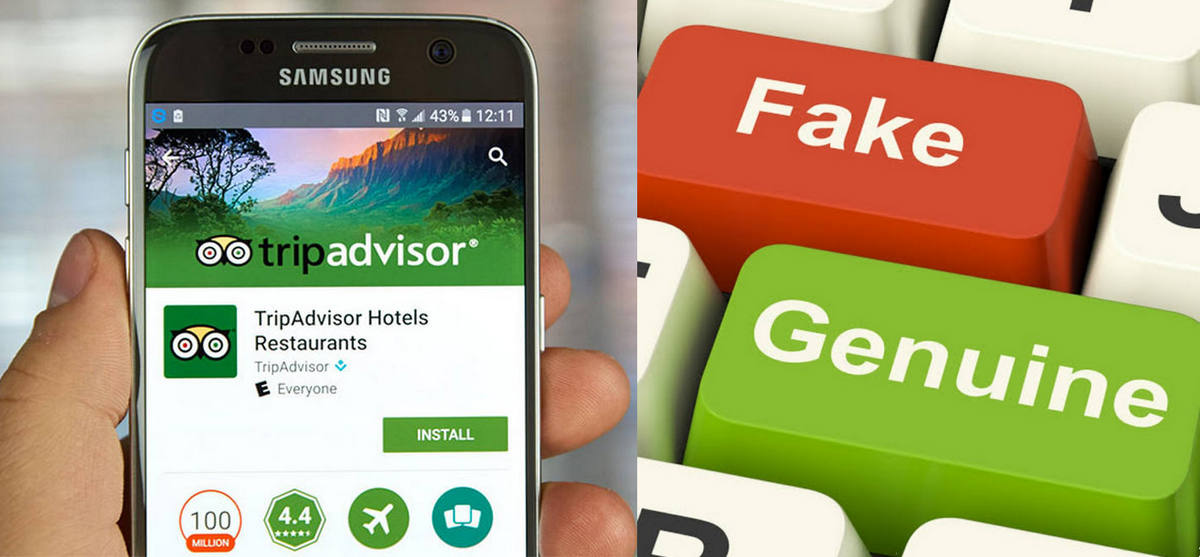“Fake reviews trick people out of money for hotel stays,” warned experts who took part in a study by the British channel Channel 4. They listed the signs of how to distinguish fake comments from real ones.
January is one of the most popular times of the year to book a summer vacation. But tourists need to be careful when it comes to choosing a hotel based on reviews. It’s no secret that many tourists trust the experience of colleagues and make a choice in favor of a particular hotel based on reviews. However, in reality, some reviews may be custom, which will mislead the traveler.
For example, Kim Burgess, director of the customer experience at reviews platform Feefo, said: “97% of people read reviews before buying, and the vast majority of Brits won’t book a holiday until they’ve read reviews from other travelers. However, fake reviews deceive people and cheat them out of money. Channel 4 research has shown that one in three hotel reviews are fake.’ Accommodation providers, i.e. hotel staff, can write reviews themselves to improve their rating. In addition, fraudsters can use feedback platforms to scam customers.
But before travelers start panicking, there are a few ways to spot a dubious or fake review. “To make sure you have a great vacation and get the best deal, it’s important to know how to avoid encountering a fake review. Reading reviews on trusted platforms where feedback has been verified using robust verification procedures is the safest bet. Open review platforms are where anyone can leave a review, without any rigorous checks to ensure the reviewer has read the hotel or holiday,” Burgess said.
This means that even tourist properties with the maximum number of stars can be very different from what customers expect. “If you’re using an open review platform, watch out for overly enthusiastic reviews. Too much of a good thing should be treated with caution.
Many reviews that say “The best hotel I’ve ever stayed at” may be a sign that the reviews are not genuine. Look for a pattern of overly complimentary reviews that use suspiciously similar wording,” she urged.
If fake reviews were written by a bot or a single person, they may look similar. One style, one thought. If none of the reviews contain any negative points, this may also be a sign that some of the reviews are not genuine. “Everyone should also be wary of sites with a large number of reviews left on the same day, as this is likely a way to hide negative reviews,” the expert added. — When the name of the hotel is repeatedly used in reviews, it may be because someone is trying to promote it in the ranking of search engine sites. After all, it’s in the details when it comes to viewing real reviews. Real guests, as a rule, leave more detailed reviews if they enjoyed their stay.”
Some hotels may also use review sites to try to boost their reputation, and comments left there may not be genuine. Genuine reviews usually contain much more detail and can be specific about the tourist’s experience in the hotel and room. If someone mentions extra special services or includes details about their trip, it is most likely a genuine comment.
Tourists can also ask friends and family for recommendations if they are concerned about fake reviews. In addition, they can always turn to a travel agent who will have a reliable way of collecting data on real customer reviews.

